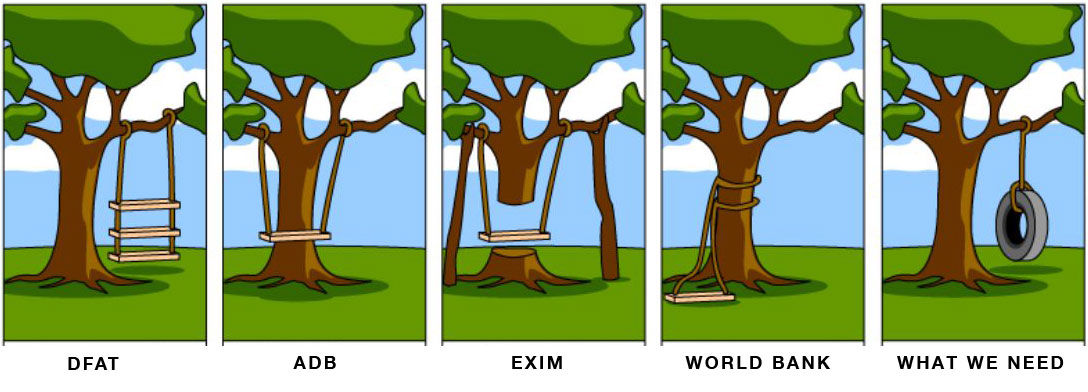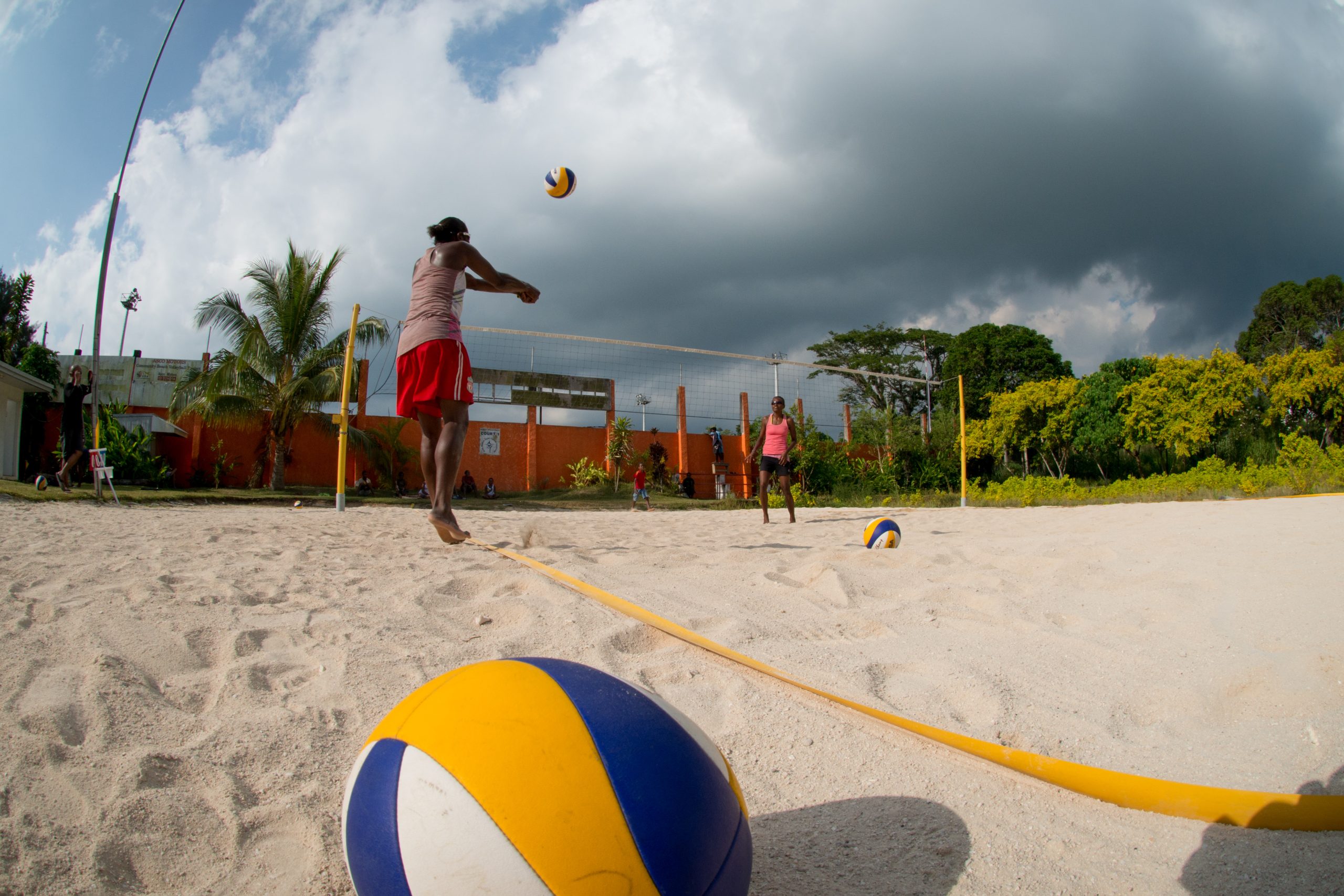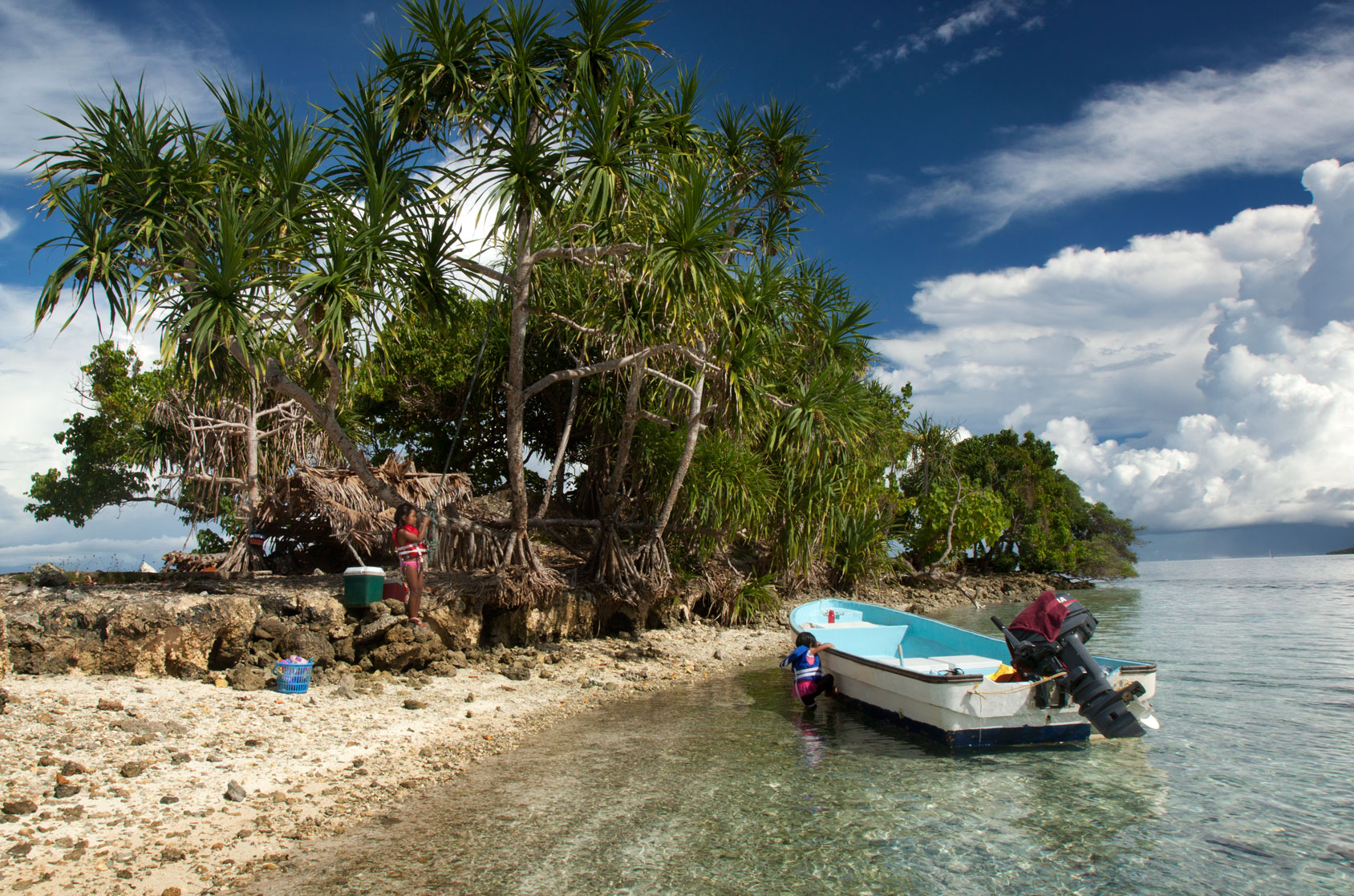
Despite friendly advice from numerous people close to the process, it appears that the government is proceeding with its draft revenue review plan much as it has with past policies. Doing things the ordinary way wouldn’t be a problem if it weren’t for the fact that this particular policy will have an extraordinary impact on the economic landscape.
Extraordinary policies require extraordinary efforts.
We accept in good faith the government’s promise to deliver a number of important briefing documents, explainers on key topics, and basic information about taxes and how they work. Good information is essential to any discussion.
And we have no reason to doubt the government’s promise to conduct public awareness events, either. They have committed themselves to holding public meetings at least in the municipal centres, and possibly elsewhere.
Some people have voiced alarm at the fact that draft legislation had been prepared even in advance of the CoM decision to proceed with the revenue review plan. This is common practice.
The mere existence of draft legislation doesn’t imply that a fix is in. The Family Protection Act existed in draft format for nearly a decade before it was finally enacted. The draft Cybercrime Bill is still—rightly—getting kicked back and forth. The Right to Information Bill has yet to see the Parliamentary floor, too, in spite of being in an advanced state of completion for some time.
No, the issue that is raising peoples’ hackles, in the private sector and at the grassroots, is the sense that a plan is being prepared, and that the only chance they will have to weigh in on it will be in an up/down vote.
Taxation is one of the most fundamental aspects of any democracy. Along with the ballot box, it’s one of the few ways that a citizen interacts directly in the administration of the country. And that’s why the people need to be presented with alternatives, rather than a simple yes-or-no decision. Read more “Consultation means negotiation”





